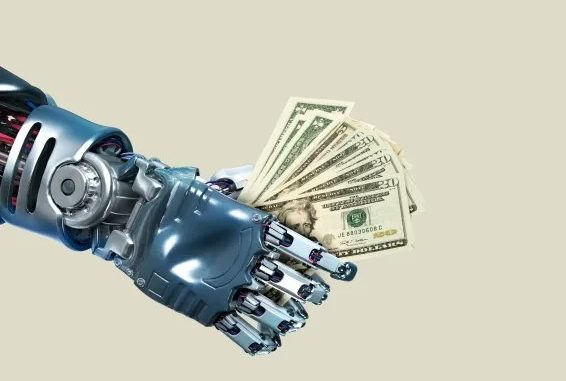
A lot of promising companies come out of work by researchers at universities, or even grad students who have struck on some new innovation. But the transition from tech-focused research group to product-focused startup isn’t easy to make; fortunately three experts in the matter joined us at TC Sessions: Robotics to discuss a few ways to get through it successfully.
Milo Werner is a new general partner at MIT’s The Engine, an accelerator and fund focused on “tough tech.” Joyce Sidopoulos is a co-founder of MassRobotics, a community and advocacy group for the sector’s startup ecosystem. And Pieter Abbeel is a professor at UC Berkeley and the co-founder of Covariant, which is designing a new generation of warehouse robots (he also just won the ACM Prize — belated congratulations, Pieter).
Our panel started out with some of the most obvious technical considerations founders need to keep in mind when shifting from a research to a mass production process. (Quotes have been lightly edited for clarity and continuity.)
“When the technologists are designing the product itself, they just want it to work, right? But when you actually go to manufacturing, the manufacturer will say, we can’t put that board on top of that, we can’t assemble it that way. So you really, from the beginning, should be thinking about manufacturing, and design for manufacturing,” said Sidopoulos.
Werner pointed out that the tolerances, precision and monitoring will never be as good as your own lab, so be ready to accept that — as well as compromises for cost. “The reality is you go through a series of iterations once you enter manufacturing, for cost down, and managing the ramp up,” she said.
